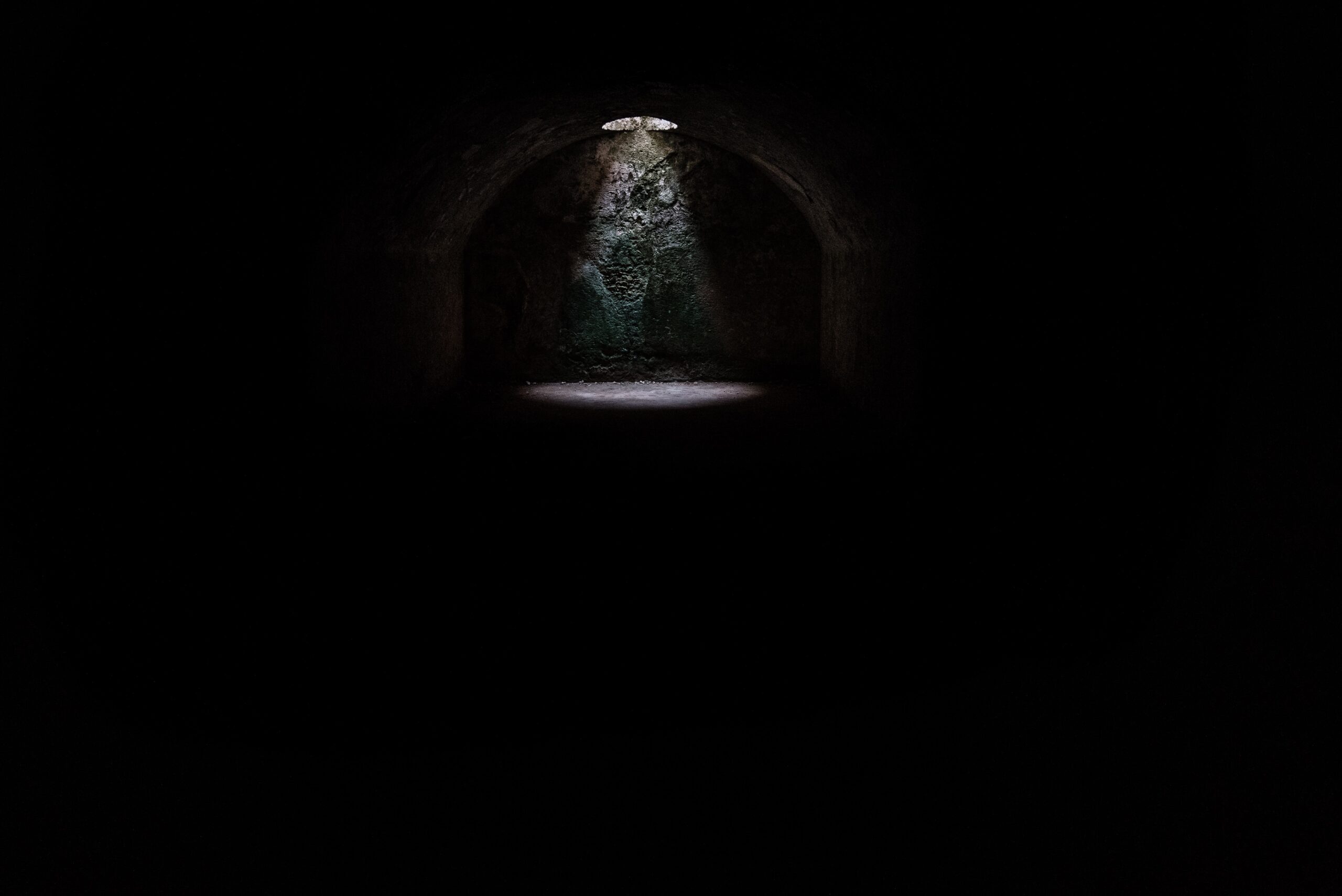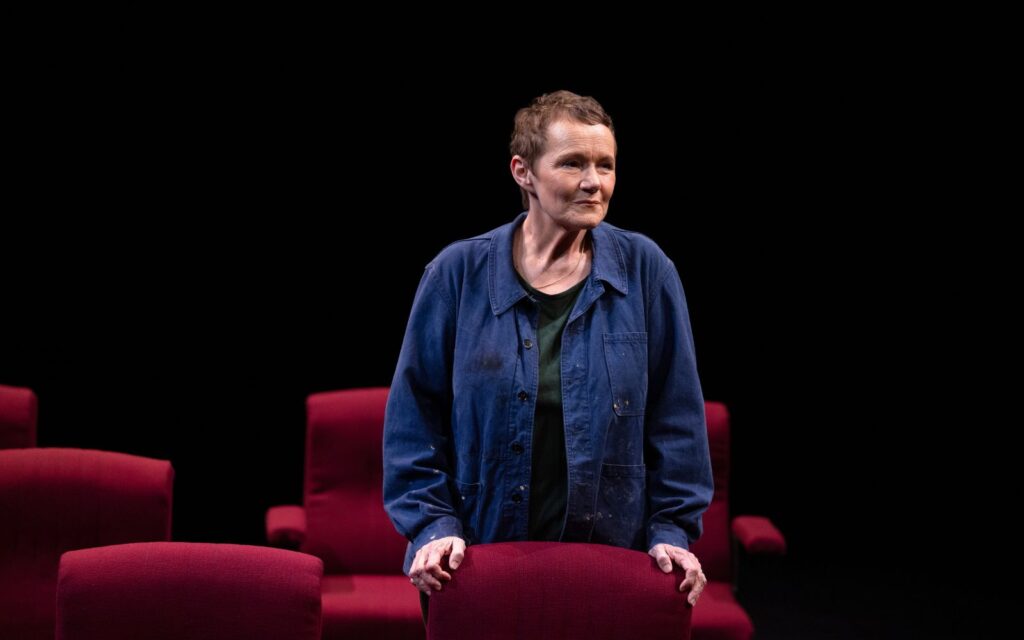Dark Matters will be a major new exhibition at the University of Melbourne and the first Australian collaboration with the internationally renowned Arts at CERN program.
Dark Matters is an exhibition developed by Science Gallery Melbourne, the University of Melbourne Arts at CERN, and the ARC Centre of Excellence for Dark Matter Particle Physics, and will explore the fundamental essence of life and the universe.
CERN is the leading European Laboratory for Particle Physics. While its primary focus is to uncover what the universe is made of, over the past decade it has run a globally influential arts program, encouraging collaborations with leading cultural institutions and scientific laboratories around the globe to bring artists and physicists together.
Dark Matters
- Science Gallery At The University Of Melbourne
- 5 August – 2 December, 2023
Explore Melbourne’s latest arts and stage news, features, festivals, interviews and reviews here.
This exhibition, co-curated with Monica Bello, Head of Arts at CERN, presents new arts/science projects that interrogate the undefinable, unmeasurable and unsettling phenomena that is dark matter. Many of the projects have been drawn from Arts at CERN’s international artists’ residency program.
Dr Ryan Jefferies, Director of Science Gallery Melbourne, said he was honoured to work with Monica Bello and Arts at CERN, to realise this ambitious new exhibition. “CERN is a world-class centre for research in fundamental physics, but it also recognises the value of fostering relationships between scientists and artists, and their shared interest in examining and finding meaning in the world we live in. It has been such a privilege to work with Monica Bello and the team at CERN, and to co-curate an exhibition where artists and scientists together explore some of the biggest and more perplexing questions about the universe,” he said.
Monica Bello said: “We don’t know what makes up 95% of our universe – which we believe is both dark energy and dark matter. But because dark matter doesn’t emit, reflect or absorb light, we cannot see or touch it. It continues to be elusive as we continue our ultimate quest to understand it. We hope this exhibition sheds a light on this intriguing scientific question.”
Dark Matters will feature a major new commission developed in collaboration with the ARC Centre of Excellence for Dark Matter Particle Physics, led by Professor Elisabetta Barberio with headquarters at the University Melbourne. The Centre brings together experts from collaborating universities and partners across Australia and internationally to unlock the secrets of dark matter and foster the science and engineering leaders of the future.
As with all Science Gallery Melbourne exhibitions, Dark Matters has been co-curated with and a panel of young people and academic experts, together with Tilly Boleyn, Head of Curatorial at Science Gallery Melbourne. “The projects in this exhibition explore not only the fundamentals of our existence, but also question why it is there is still so much we don’t yet know and understand on a planetary and universal scale, and how can new technologies and creativity help us change this,” Tilly said.
One of the highlights of DARK MATTERS is the inclusion of South Korean composer, music producer and artist Yunchul Kim’s monumental Chroma V, a giant 50-meter-long sculpture that folds in on itself in a complicated knot. Made of metal and materials derived from new techniques Yunchul explored in collaboration with material scientists, the sculpture detects subatomic particles and comes alive as it reacts to these invisible forces.
For more info, head to melbourne.sciencegallery.com.







